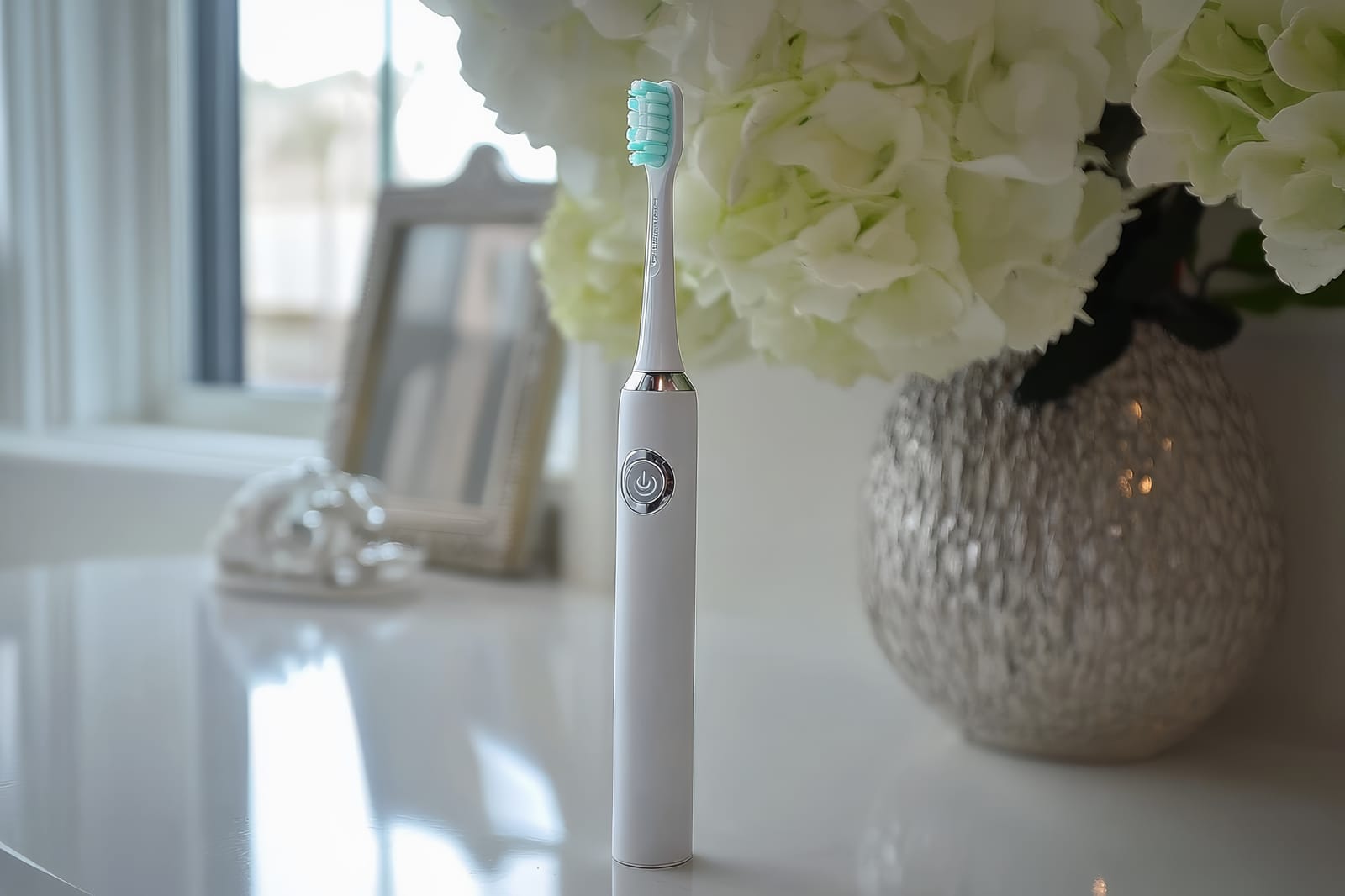What to Do About Your Dry Mouth

A common term, dry mouth is the term used for a medical condition known as xerostomia. It occurs when the salivary glands do not produce enough saliva to keep the mouth wet.
Despite the fact that it is uncomfortable to have a dry mouth, it is important to note that saliva aids in the prevention of tooth decay. It neutralizes acids produced by oral bacteria and limits bacterial growth.
Saliva helps to wash away food particles and enhance a person’s ability to taste food. Without saliva, it is difficult to chew and swallow. Saliva contains enzymes that aid with food digestion.
The condition can begin as a nuisance but it can develop into a major issue over time. An issue that can negatively impact people’s health.
Symptoms of Dry Mouth
Before going to see the doctor, people should know what the symptoms related to this condition are. They include:
- Feeling dry and sticky in the mouth
- Bad breath
- Thick and stringy saliva
- A dry sore throat
- Chewing, swallowing and speaking difficulties
- Denture problems
- Change in a person's ability to taste foods
- A dry or grooved tongue
It is important that people see a doctor once they notice persistent dryness in the mouth coupled with any of the symptoms listed above. A doctor can provide a proper diagnosis following any necessary tests and examinations.
Once the cause of the condition is determined, it becomes easy to administer an effective remedy. Common causes of dry mouth include medication, aging, cancer therapy, nerve damage, health conditions like Alzheimer’s, recreational drug use and tobacco and alcohol use.
Treating Dry Mouth
Here are some tips that people can use to get relief from dry mouth:
Chew gum
Chewing sugar-free gum or candy can help relieve dryness in the mouth. Sugar-free candy stimulates the secretion of saliva in the salivary glands
Avoid caffeine
Caffeine tends to dry out the mouth. Thus, patients are advised to limit their caffeine intake
Avoid alcohol and tobacco
Alcohol and tobacco can also dry out a person's mouth. It is best to limit intake
Avoid mouthwash with alcohol
People with dry mouth should also stop using any mouthwash that contains alcohol. Instead, they should use a mouthwash that contains xylitol since it helps to stimulate saliva production
Drink water
Sipping water regularly also helps keep the mouth wet
Saliva substitutes
Another option is over-the-counter saliva substitutes. Products that contain xylitol come in handy
Avoid certain medications
Over-the-counter decongestants and antihistamines can make the condition worse. It is advisable for people to avoid those medications
Avoid sugary and acidic foods
Dry mouth encourages tooth decay. Sugary and acidic foods and drinks are more likely to cause and worsen tooth decay when a person's mouth is dry. Thus, one should avoid such drinks and foods
If these steps do not improve the condition, one should talk to their dentist or doctor. The cause of dry mouth could be another condition or medication. Regardless of the cause of your dry mouth, the first step towards coming up with a solution is a consultation with one of our dentists.
Let's get started…
Request an appointment here: https://www.stgeorgedentalcare.com or call St. George Dental Care at (435) 628-9099 for an appointment in our St George office.
Check out what others are saying about our services on Yelp: Read our Yelp reviews.


